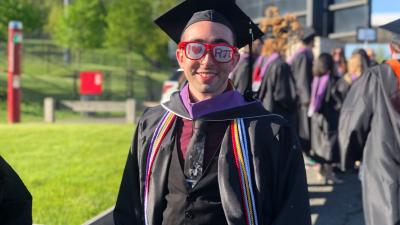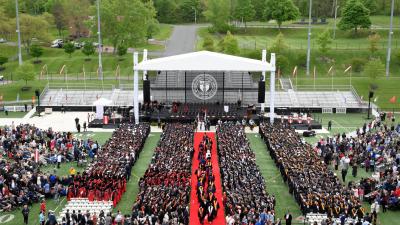Jian Shi Receives Award for Significant Professional Contributions
Jian Shi, assistant professor of materials science and engineering, is the 2019 winner of the Alfred H. Geisler Memorial Award. The award, given by the Eastern New York Chapter of ASM International, “recognizes an outstanding young materials scientist/engineer” from the chapter who has made significant contributions to the fields of education, research, or manufacturing, before the age of 40.









